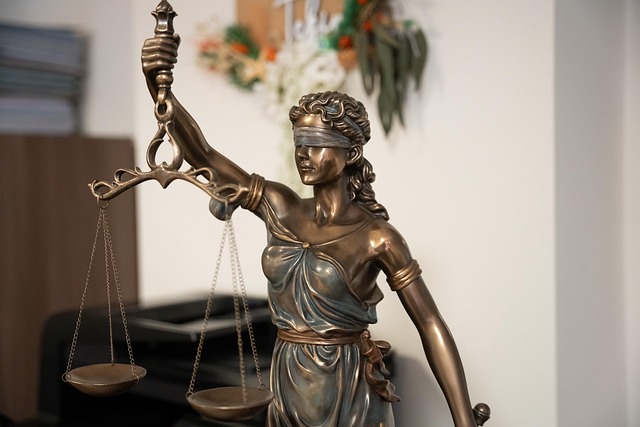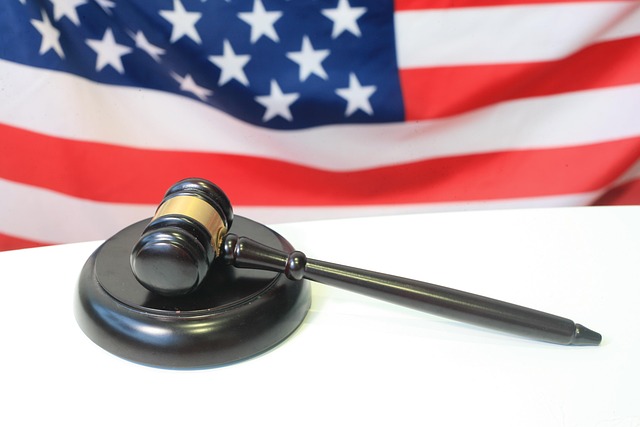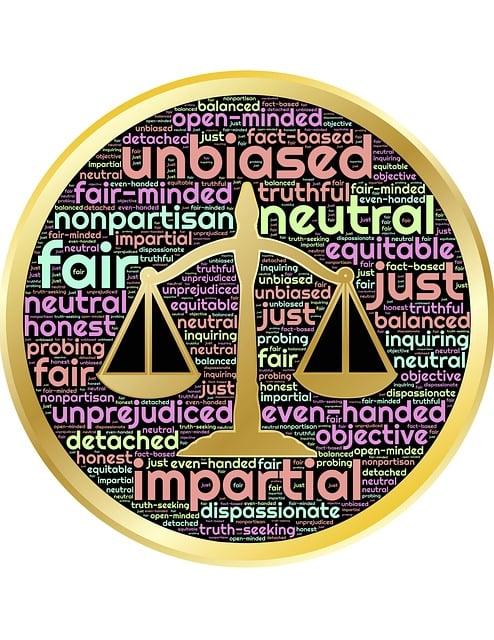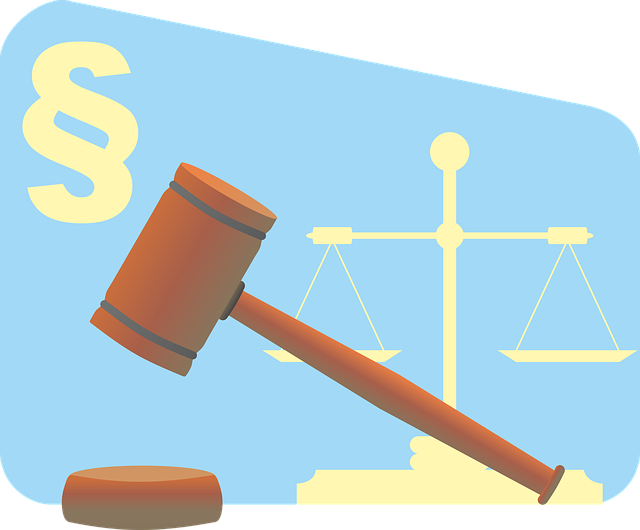Consumer protection laws, particularly in civil court libel cases, are vital for combating unethical business conduct, especially white-collar crimes. These cases involve investigating violations and pursuing legal actions like compensation or criminal charges. Jury trials ensure accountability and justice. Notable libel case examples in civil court demonstrate the effectiveness of these regulations in protecting consumers from false statements, misleading advertising, and online comments that can cause severe financial and personal harm. Such lawsuits have led to significant damages, changes in corporate strategies, and enhanced data security practices, setting important precedents for future litigation.
Consumer protection suits are pivotal in ensuring fair business practices and safeguarding individual rights. This article delves into the intricate world of consumer protection laws, focusing on libel cases—a key aspect of civil litigation. We explore how these legal battles play out in court, using Libel Case Examples in Civil Court to illustrate successful strategies and outcomes. From understanding foundational laws to navigating complex trials, this guide offers valuable insights for consumers and businesses alike.
- Understanding Consumer Protection Laws: A Foundation for Suits
- Libel Cases: Protecting Reputation in Civil Court
- Examples of Successful Consumer Protection Lawsuits
- Navigating the Legal Process: What to Expect in a Libel Case Trial
Understanding Consumer Protection Laws: A Foundation for Suits
Consumer protection laws are designed to safeguard individuals from unfair business practices, ensuring they receive accurate information and fair treatment when making purchases. These regulations form the backbone of consumer protection suits, providing a legal framework for holding businesses accountable. Understanding these laws is crucial when considering a libel case in civil court, especially involving white-collar and economic crimes.
The process begins with identifying potential violations during all stages of the investigative and enforcement process. This includes gathering evidence, interviewing witnesses, and analyzing business records. Once established, consumer protection lawsuits can seek various remedies, such as monetary damages, injunctions to stop illegal practices, or even criminal charges for severe cases. Jury trials play a significant role here, providing an avenue for affected consumers to have their voices heard and for businesses to face the consequences of their actions.
Libel Cases: Protecting Reputation in Civil Court
In consumer protection suits, libel cases play a significant role in protecting individuals’ reputations against false and malicious claims. When businesses or individuals make defamatory statements about consumers, it can lead to severe consequences, both financially and for personal standing. Libel cases are civil actions brought to court, where plaintiffs seek damages for harm caused by the publication of false information. These suits often arise from misleading advertising, product reviews, or online comments that damage a consumer’s reputation.
For his clients involved in such disputes, a skilled white-collar defense attorney is crucial. The goal is to secure a complete dismissal of all charges by presenting evidence and legal arguments that refute the allegations. Libel case examples in civil court demonstrate the importance of holding accountable those who make false statements, ensuring consumers are protected from unfair criticism and reputational harm.
Examples of Successful Consumer Protection Lawsuits
Consumer Protection Lawsuits have been instrumental in safeguarding the rights of individuals, leading to numerous successful cases that have set precedents for future litigation. One notable example is a libel case where a consumer alleged false and misleading advertising by a major corporation. The court ruled in favor of the plaintiff, ordering substantial damages and compelling the company to rectify its deceptive marketing strategies. This verdict sent a powerful message to businesses, demonstrating the reach and impact of consumer protection laws.
Another compelling instance involves a class-action lawsuit against a tech giant for data privacy violations. Consumers united to expose the company’s handling of personal information, resulting in a settlement that not only provided financial compensation but also mandated significant changes in the corporation’s data security practices. These cases showcase how legal action can drive corporate accountability and protect the interests of both corporate and individual clients, fostering a more transparent and ethical business environment while achieving extraordinary results for those affected by unethical practices.
Navigating the Legal Process: What to Expect in a Libel Case Trial
Navigating the legal process in a libel case trial involves understanding several key steps. First, both parties will present their arguments and evidence to a judge or jury. This may include depositions, expert testimony, and written statements. The focus is on proving or disproving the truth of the statements alleged to be libelous. In civil courts, libel cases often revolve around libel case examples, where individuals or entities face damages for false and defamatory statements published about them.
High-stakes cases can arise when corporate and individual clients are involved, leading to complex legal battles. The plaintiff must demonstrate actual harm or damage to reputation caused by the publication. If successful, they may be awarded monetary compensation. An unprecedented track record in managing such cases is crucial for ensuring a fair trial and achieving just outcomes for all parties.
Consumer protection suits, encompassing both libel cases and successful lawsuits, serve as powerful tools for safeguarding individual rights. By understanding the legal framework, from consumer protection laws to navigating the trial process, individuals can effectively protect their reputations and secure justice in civil court. Libel case examples demonstrate the tangible impact of these measures, ensuring a more transparent and accountable marketplace.






